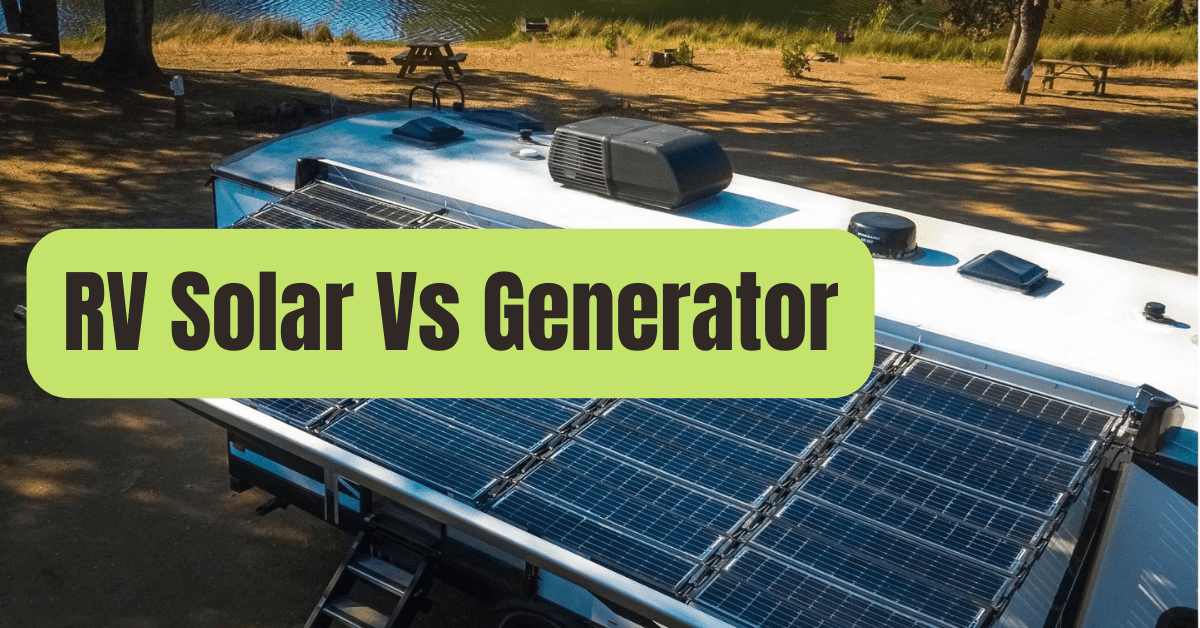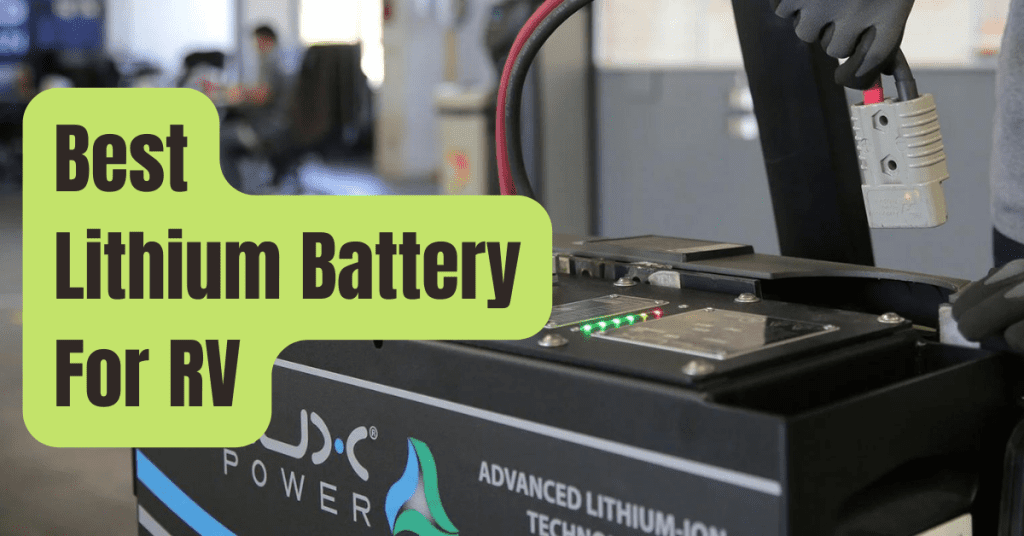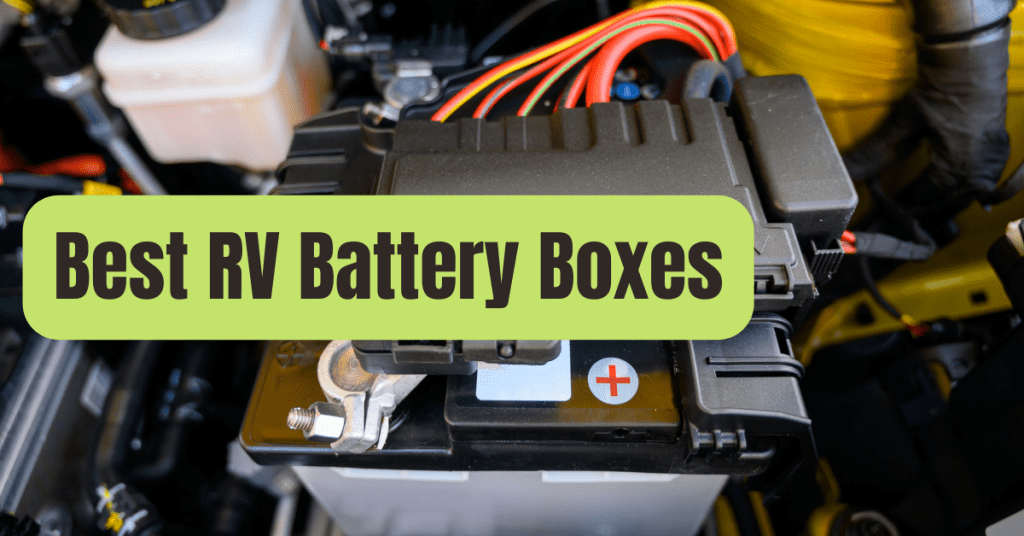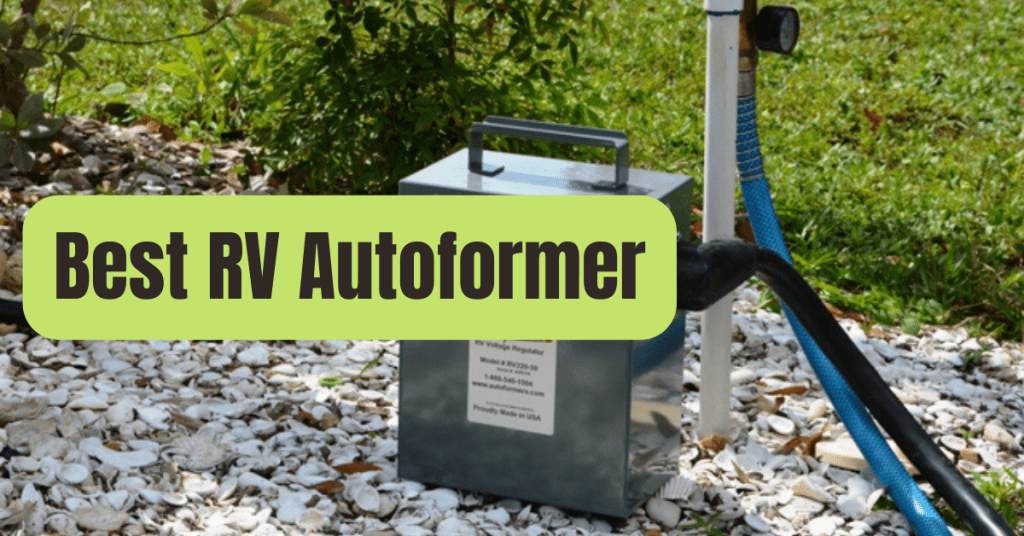The joy of off-grid camping begins with a reliable power supply.
But how can you choose between RV solar panels and generators when it comes to power? This major decision is influenced by a number of things.
This is how I decided what I wanted to accomplish with my camper.
The Battle of RV Solar Panels vs. Generators
When I first acquired my camper, I couldn’t decide whether to use RV solar panels or a generator.
After doing some research, I’ve determined that solar panels are the greatest RV power source for the money.
RV solar panels are fantastic when backed up by a modest generator for overcast days and harsh weather.
This is how I got to the conclusion that I should get one.
A Cost Analysis of RV Generators
A inexpensive RV generator is available.
You might also spend a lot of money on the greatest RV generator.
If you’re comfortable buying a generator on Ebay, you might be able to get a good deal.
Warranties frequently do not transfer to used bicycles.
Some generators are self-starting and self-choking, while others are operated manually.
When it comes to RV camper generators, you have a lot of options.
Take a look at the price range for new RV generators:
#1. The Sportsman Gen2000W Portable Generator
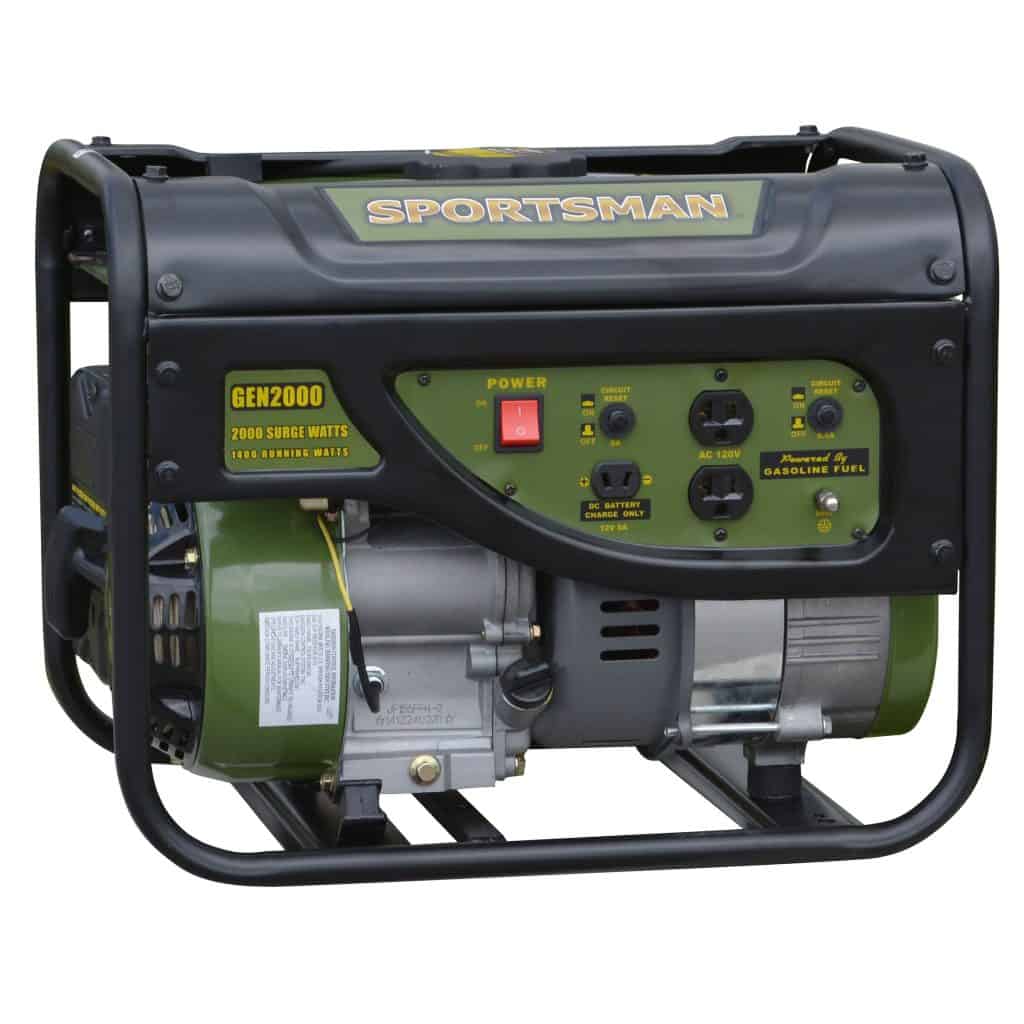
#2. The WEN 56380i Super Quiet 3800-Watt Portable Inverter Generator

#3. The Honda EU3000IS
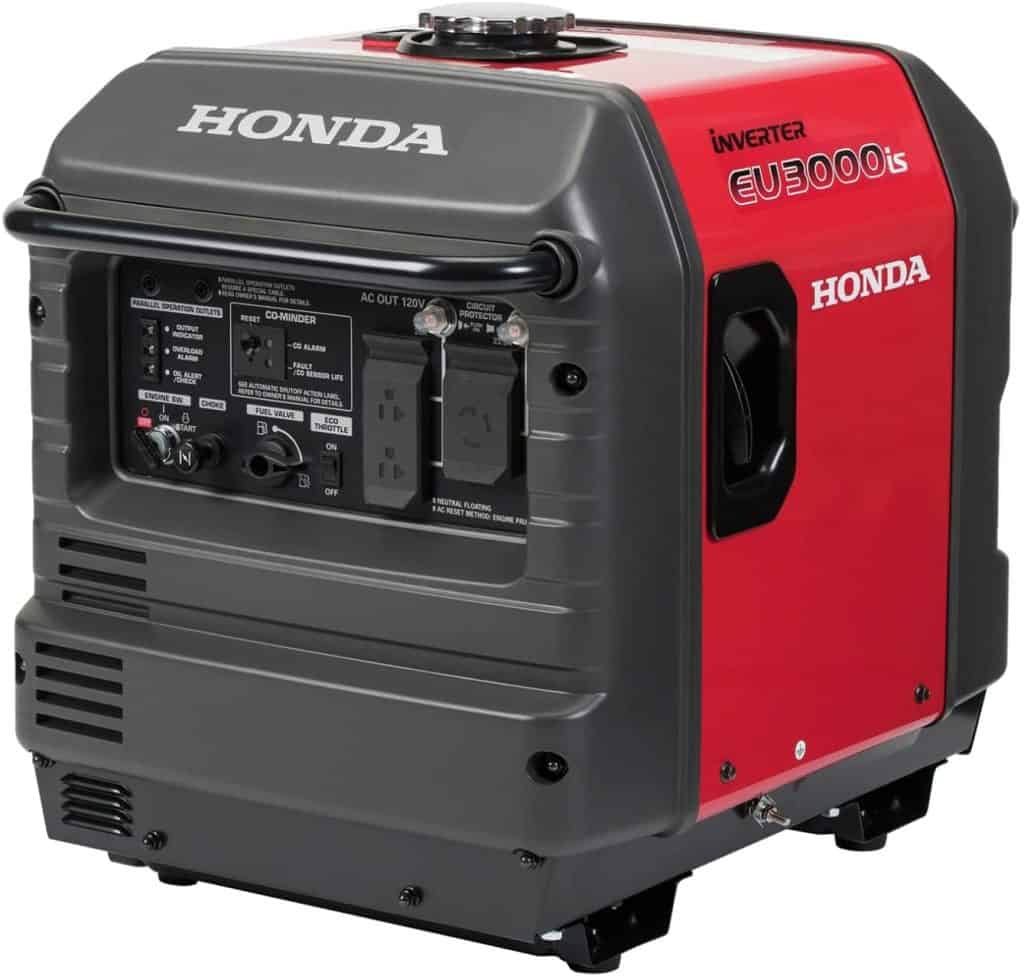
#5. RV Onan Microquiet Generator
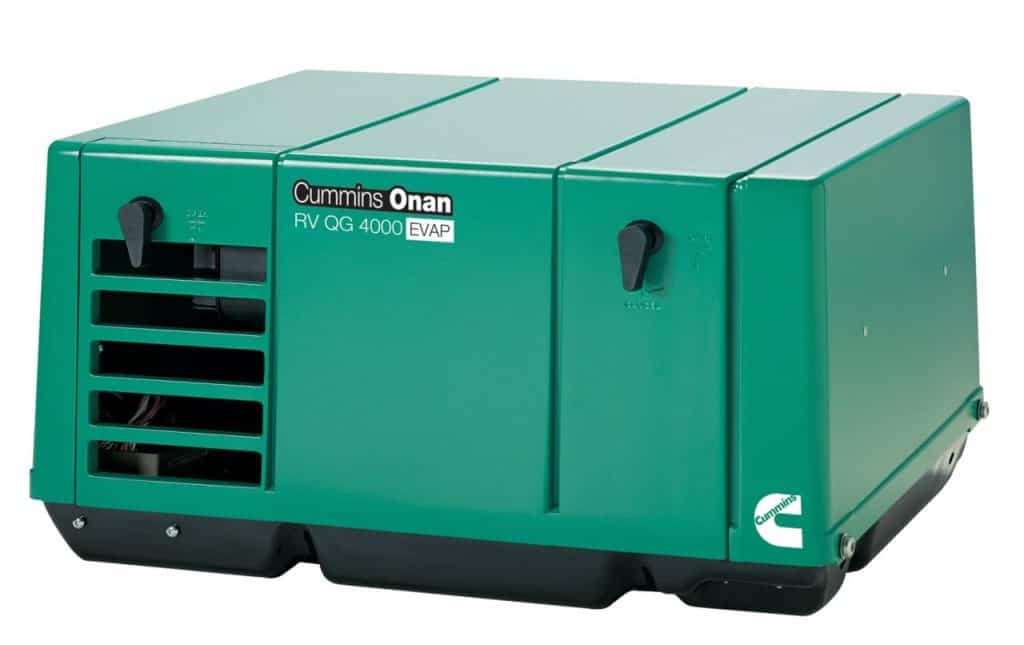
There are a variety of additional brands to choose from.
The most effective RV generators cost several hundred dollars.
Costs of Other RV Generators
Other expenses to consider when purchasing an RV generator are:
For certain portable RV generators, you may also wish to purchase an RV generator wheel kit.
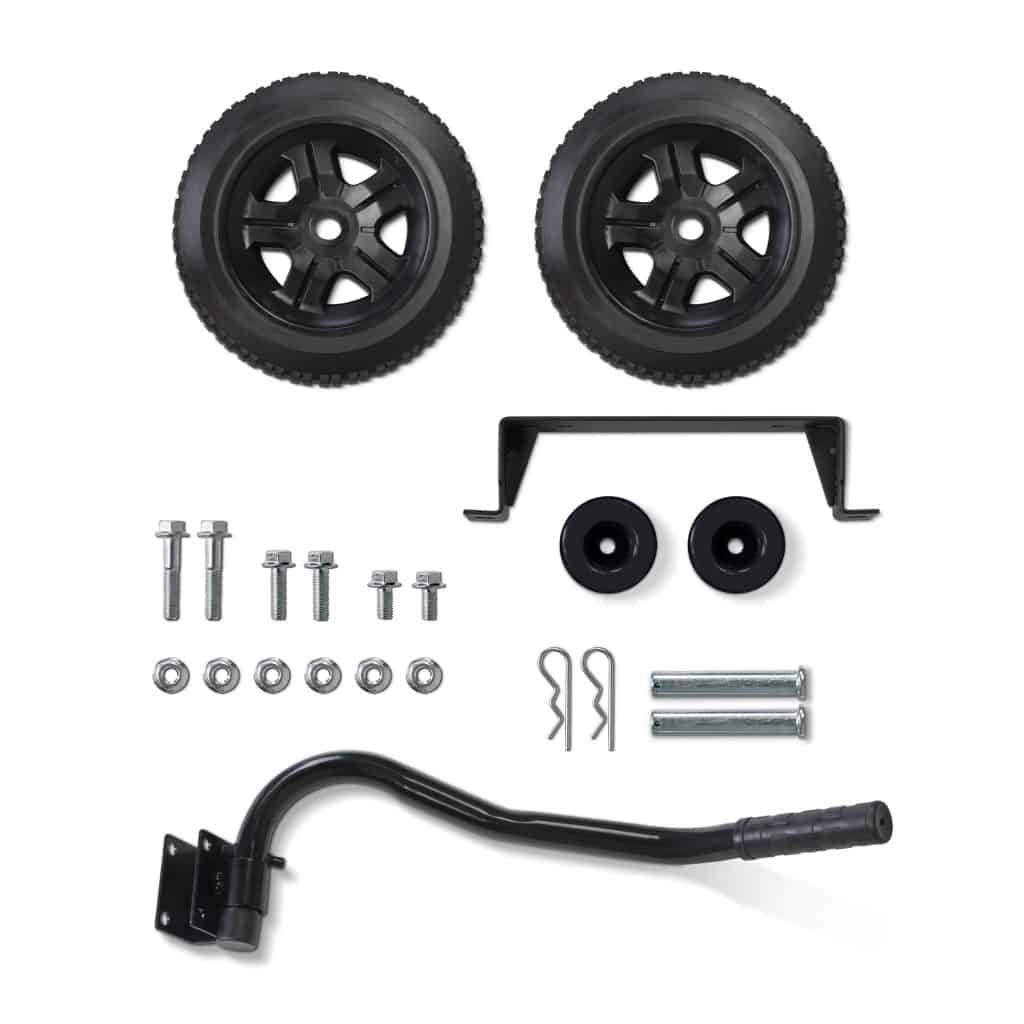
Is it Really Necessary to Have Two RV Generators?
Get a second RV generator if your current one’s power isn’t sufficient.
You’ll have more power to play with if you can buy two 1,500-watt generators.
In addition, dual RV generators are less taxing on the back than a single huge generator.
To connect them for your RV power supply, you’ll need to purchase a parallel connection cable.
Considerations for RV Generator Maintenance
Maintaining an RV generator is similar to caring for a vehicle.
When deciding whether to use RV solar panels or generators as your main source of electricity when boondocking, keep this in mind.
- Oil changes for RV generators are a necessary. The frequency of RV generator oil changes is determined by the number of hours the generator has been used. To know this information, it’s a good idea to maintain an RV generator maintenance diary.
- Air filters and spark plugs must also be cleaned and replaced on occasion.
Fortunately, RV generator manufacturers provide consumers with maintenance manuals.
Changing The Oil And Air Filters In An RV Generator Is Typically A Straightforward Procedure.
- Drain the old oil by opening the lid beneath the oil reservoir.
- Replenish the top and replace the oil using a funnel.
- Air filters may be as simple as a piece of cleanable foam.
To inspect and replace the spark plugs, you’ll need certain instruments, such as a spark plug socket and a feeler to measure the gap.
There are a lot of RV generator repair videos on YouTube that teach how to accomplish these things.
The Advantages and Disadvantages of RV Generators for Camping
Let’s look at the advantages and disadvantages of RV generators for camping off-grid now that you know how much they cost and what upkeep they need.
RV Generator Power’s Benefits
- Whether it’s sunny or pouring, generators can operate at full capacity. They also work at night. Most campsites, however, prohibit generator noise at night.
- Noise levels have been lowered in several RV generator types.
- Certain generators may boost a camper’s or motorhome’s resale value.
- Diesel generators will last longer and use less fuel.
- An RV generator is normally self-installed.
RV Generator Power’s Drawbacks
- Fuel is always required for RV generators. In isolated regions, finding fuel might be difficult.
- Even portable RV generators are cumbersome to transport.
- Noise from RV generators might irritate park neighbors.
- RV generator owners have an issue with theft.
- Using fuel to generate electricity is harmful to the environment.
Is Investing in RV Solar Panels a Good Investment?
It’s possible that you’ll need to employ a professional solar power installation for your RV.
Due to the high cost of solar energy, it will take many years of usage before owners break even or enjoy financial rewards.
In other words, if you expect to sell your RV in two years, you won’t have had time to save any money on energy beyond the cost of the solar panels.
The length of time it takes to break even on your solar package is determined on the size and cost of the system installed.
It is a fallacy that solar panels cannot generate electricity on foggy days.
In reality, when the sky is cloudy, solar panels may perform at around 10% to 25% of their full power.
Solar panels are also affected by rainy days.
They can, nevertheless, supply power to a limited extent.

A Solar Kit Has The Following Items.
Although the components may change somewhat across manufacturers, most solar kits contain solar panels, a charge controller, a battery bank, and an inverter, as well as the necessary cabling and accessories.
Renology, for example, offers a kit that may be expanded upon in the future if desired.
There are also portable solar kits that allow you to carry the panels with you and place them wherever you need them.
This would allow you to park your RV without having to worry about insufficient sunshine or blocking shadow, for example.
Three Kinds Of Batteries Are Used In RV Solar Power Systems.
- Lithium
- Flooded
- Glass mat that has been absorbed
The maintenance of flooded batteries necessitates the use of distilled water.
Absorbed glass mat batteries do not leak and are thus safer in a closed environment.
Lithium batteries are the finest of the three if money isn’t an issue.
Lithium batteries have a three-fold life span compared to flooded or absorbed glass mat batteries.
They’re Included In Most RV Solar Panel Power Systems.
The correct wire gauge is also required for RV solar panel power installations.
Professionals claim that this is the area where DIYers make the most mistakes.
You’ll need wire that’s at least 10 gauge.
This is where the solar panels are connected to the combiner.
Connecting the controller and the batteries also necessitates the use of heavier wire.
The gauges for the wires connecting to the batteries should range from 8 to 2.
Before installing RV solar panels, have a professional inspect your wiring if you buy a camper or RV that is already prewired.
Frequently, the gauge for your requirements should be thicker.
If this is the case, the wiring will need to be replaced before work can begin.
The expenses of various wire gauges may be determined by a skilled electrician.
The overall cost and wiring requirements are also influenced by the size of your RV.
The Inverter Must Be A Pure Sine Wave Inverter.
If you’re going to be powering the typical appliances and TVs found in campers and RVs, stay away from modified sine wave inverters.
Solar Panels Are Divided Into Three Categories.
The most efficient solar panels are monocrystalline photovoltaic (PV).
The cheapest solar panels are polycrystalline, however they are inefficient.
The least efficient panels are amorphous thin film panels.
Despite the fact that polycrystalline solar panels are less costly, monocrystalline panels are more common and need less installation.
The cost of installing solar panels is determined by the number of panels and the amount of watts required.
Batteries for RV solar power systems must be mounted at floor level, above the axles.
This prevents the tow ball’s weight from fluctuating and impairing pitching (front lifts or descends in relation to the back).
The Benefits of RV Solar Power
- Solar panels with no glass contribute very little weight to the roof.
- Noiseless
- There is no need to buy fuel.
- Theft rates are lower for stationary RV solar power installations.
- Depending on the buyer, a camper or RV’s resale value might rise.
- If you expect to use the RV for many years, you will save money on energy expenditures.
RV Solar Power Disadvantages
- The finest RV solar power system has a greater upfront cost than most RV generators.
- The RV solar power system should be installed by a professional.
- It will take a few of camping excursions to recoup your investment.
While many campers and RVs are arriving pre-wired for solar these days, it’s usually advisable to hire a contractor to make sure the wiring is appropriate for the system you want to install.
If you miss this step, you might end up with a fire or an electric shock.
If you decide to place solar panels on the roof of your camper or RV, be sure there is enough space between the panels for you to securely walk between them.
Three RVs With Solar Panels On Their Roofs
Some solar-powered campers and RVs are listed below.
If you’re looking for a solar-ready camper or RV, be sure you know if the setup is for portable solar panels or a permanent installation.
#1. 2021 Jay Feather 199MBS
#2. Heartland North Trail 22 FBS
#3. Livin lite Camplite CL11FK
#3. Northwood Manufacturing Arctic Fox 25W
#4. 2021 Airstream Basecamp 20
It’s not difficult to choose between RV solar panels and generators for off-grid camping.
Solar power is a clean source of energy that is always available when you need it if you put it up properly.
A generator can accomplish the same thing, but you’ll still need to buy gas or fuel someplace.
Both have advantages and disadvantages.
In the end, it all boils down to a single equation:
- How frequently do you pay for full connections, and how many camping trips are required before an RV solar panel power system or RV generator pays for itself?
The decision is simple once you have those figures.

